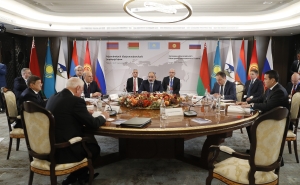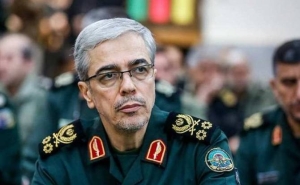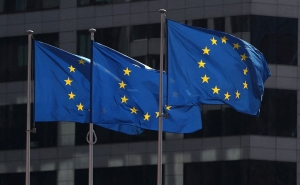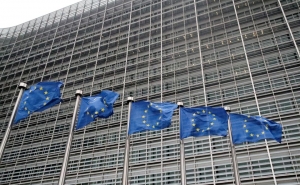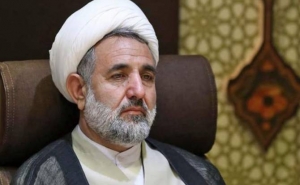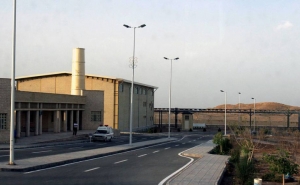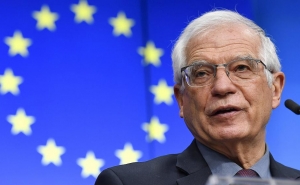European Commission Invites Member States to Extend Restriction on Non-Essential Travel to the EU Until 15 June
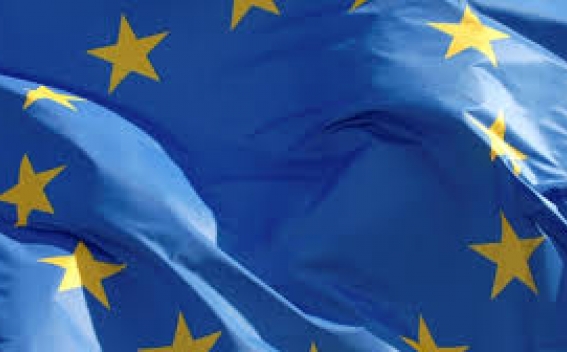
Yesterday the Commission invited Schengen Member States and Schengen Associated States to extend the temporary restriction on non-essential travel to the EU for another 30 days, until 15 June. While some EU and Schengen Associated States are taking preliminary steps towards easing the measures for fighting the spread of the pandemic, the situation remains fragile both in Europe and worldwide. This calls for continued measures at the external borders to reduce the risk of the disease spreading through travel to the EU. The lifting of travel restrictions should be phased: as underlined in the Joint European Roadmap on lifting containment measures, internal border controls will need to start being lifted gradually and in a coordinated manner before restrictions at the external borders can be relaxed in a second stage.
Vice-President for Promoting our European Way of Life, Margaritis Schinas, said: "The overall objective of limiting the spread of coronavirus via reduced social interaction remains. Despite progress in many European countries, the situation worldwide is very fragile. It is imperative that any action taken is gradual, with different measures being lifted in different phases."
Commissioner for Home Affairs, Ylva Johansson underlined: "We need a phased and coordinated approach. Restoring the normal functioning of the Schengen area of free movement is our first objective as soon as the health situation allows it. Restrictions on free movement and internal border controls will need to be lifted gradually before we can remove restrictions at the external borders and guarantee access to the EU for non-EU residents for non-essential travel."
The travel restriction, as well as the invitation to extend it, applies to the ‘EU+ area', which includes all Schengen Member States (including Bulgaria, Croatia, Cyprus, and Romania) and the 4 Schengen Associated States (Iceland, Liechtenstein, Norway, and Switzerland) – 30 countries in total. The Commission calls for a continued coordinated approach to the prolongation, as action at the external borders can only be effective if implemented by all EU and Schengen States at all borders, with the same end date and in a uniform manner.
The Commission will continue to assist Member States in implementing the restriction on non-essential travel to the EU, including through regular videoconference meetings with Home Affairs Ministers. Any further prolongation of the travel restriction beyond 15 June 2020 would need to be assessed again, based on the evolution of the epidemiological situation.
The Commission invited Heads of State or Government on 16 March 2020 to introduce a temporary restriction on non-essential travel to the EU for an initial period of 30 days. On 8 April, the Commission called for prolonging the travel restriction until 15 May. All EU Member States (except Ireland) and non-EU Schengen countries have since taken national decisions to implement and prolong this travel restriction.
To assist Member States, the Commission presented on 30 March 2020 guidance on how to implement the temporary travel restriction, facilitate repatriations from across the world, and deal with those compelled to stay in the EU longer than they are authorised to as a result of travel restrictions.
The travel restriction does not apply to EU citizens, citizens of non-EU Schengen countries and their family members, and non-EU nationals who are long-term residents in the EU for the purpose of returning home. In addition, to limit to the minimum the impact of the restriction on the functioning of our societies, Member States should not apply the restrictions to specific categories of travellers with an essential function or need. Essential staff, such as doctors, nurses, healthcare workers, researchers and experts helping to cope with the coronavirus, as well as persons carrying goods, frontier workers and seasonal agricultural workers, should also continue to be allowed to enter the EU.
-
 17:08
17:08The regular session of the Anti-corruption Policy Council takes place in Jermuk
-
 15:05
15:05The Prime Minister sends congratulatory messages to the supreme leader of Iran and the President of Iran
-
 11:11
11:11Armenia sends earthquake aid to Turkey
-
 10:43
10:43Commemoration of the Pontiff St. Sahak Partev
-
 09:16
09:16Some roads are closed and difficult to pass in Armenia
-
 19:55
19:55Phone conversation of the Foreign Minister of Armenia with the U.S. Assistant Secretary of State for European and Eurasian Affairs
-
 18:30
18:30Prime Minister Pashinyan and President Khachaturyan meet
-
 18:20
18:20Ararat Mirzoyan with Co-Chairman of the OSCE Minsk Group of France Brice Roquefeuil
-
 17:01
17:01Humans could land on Mars within 10 years, Musk predicts
-
 16:45
16:45France, US urge 'immediate' end to Nagorno Karabakh blockade
-
 16:01
16:01Blockaded Nagorno Karabakh launches fundraiser to support quake-hit Syria
-
 15:59
15:59Earthquake death toll in Turkey rises to 18,342
-
 15:43
15:43Ararat Mirzoyan Held a Telephone Conversation with Sergey Lavrov
-
 15:06
15:06French president rules out fighter jet supplies to Ukraine in near future
-
 14:47
14:475 Day Weather Forecast in Armenia
-
 14:44
14:44President Vahagn Khachaturyan wrote a note in the book of condolences opened in the Embassy of Syria in Armenia
-
 14:20
14:20Azerbaijan’s provocations impede establishment of peace and stability – Armenian FM tells Russian Co-Chair of OSCE MG
-
 12:57
12:57France representation to OSCE: Paris calls on Azerbaijan to restore freedom of movement through Lachin corridor
-
 11:40
11:40Command of Kosovo forces highly appreciated preparation of Armenian peacekeepers
-
 10:16
10:16The United States withdrew from sanctions against Syria for six months the provision of assistance after the earthquake
day
week
month
Humidity: %
Wind: km/h


